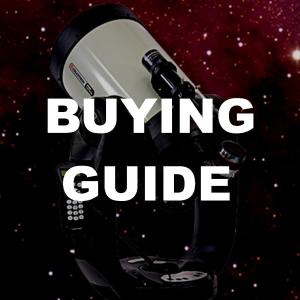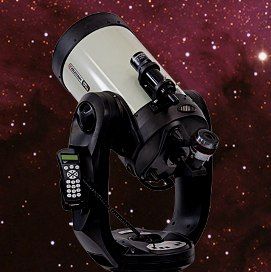
Telescope buying guide
Delivery is £5.95 - we only use reputable carriers
See our Customer Reviews Page
Are you looking for best telescope for beginners and interested in the night sky and stargazing and thinking of buying below is some information on what options are available. We are a specialist independent company passionate about Astronomy and the equipment we sell, let us help you choose the right product for stargazing. There are a wide variety of excellent instruments at affordable prices, visit our How to choose a Telescope section for a more detailed guide.
Smart All In One Telescopes
Smart telescopes are easy to use with a built in goto and tracking system along with a sensitive sensor can be the all in one solution to taking great images. These incredible instruments work from your smartphone or tablet and will show, save and share your images.
Smart Telescopes
Please remember you are welcome to Email any time with questions, we reply fast and often outiside office hours, or call 01356 660401 during office hours.
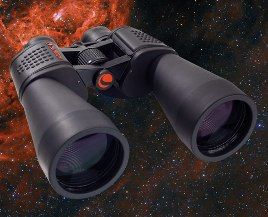
Binoculars for astronomy
Binoculars are a great place to start stargazing, great value, easy to use and really useful, we recommend 40mm to 50mm pairs as a good handheld size, if you own some next time you see the Moon up take a look, it's surprising what detail will be revealed. Moving on from the Moon you can even see Jupiters moons strung out with just 8x or 10x magnification - but how do I find Jupiter? All the Monthly Astronomy magazines contain great guides to finding objects easily, Astronomy Now and Sky at Night Magazine are available from good newsagents. Another useful resource is of course the internet, see our Links section for a list of astronomy websites. If your looking for astronomy binoculars we recommend 10x50, they are great for the night sky but also perfect for everyday use, see our Binoculars section for more info.
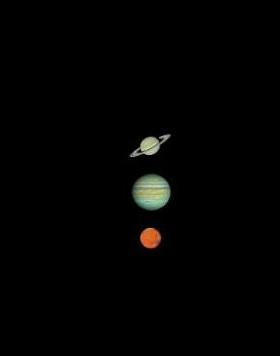
Telescopes for astronomy
So you want a first telescope and can't decide where to start, the good news is that these days all telescopes from reputable specialists are going to provide sharp clear views of the night sky. A great place to start is a 60mm or 70mm refractor telescope on a simple mount and tripod, these are usually well under £100 and sturdy reliable instruments complete and ready to use for stargazing. You can expect to see fantastic lunar detail with these along with views of the bright planets that will show the following:
Saturn - you can see the rings well from 50x magnification and some of its moons
Jupiter - two and sometimes four cloudbelts, some subtle colour and four moons
Mars - white polar ice caps and subtle dark markings along with its red colouration
Other planets are visible but without detail, brighter deep sky objects like galaxies, nebulae and clusters are visible but they will be faint and difficult from towns and cities. You can find a variety of great instruments in our Telescopes for Beginners section or browse the complete range in our Telescopes section.
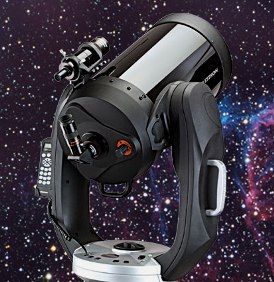
What is a Goto telescope?
Goto telescopes are instruments that are capable of finding objects in the night sky, one of the biggest frustrations for beginners is learning the night sky. In the UK clear nights are few and far between and many of us lead busy lives, the Goto telescope maximises your time under the night sky stargazing so its spent looking at rather than looking for objects.
Do they cost more and are they hard to set up?
The prices of a Goto telescope are well within the budget of many beginners, there are models from Meade, SkyWatcher and Celestron (all good brands) for a few hundred pounds. All of these instruments will have great optics and are supplied complete and ready to use.
Setting up varies from model to model but generally they require you to input time, date, location then point them north and level. Setup time is usually under two minutes and then you have access to their onboard object libraries of many thousands of objects - all just a push of a button away. Some newer models align themselves and even give you guided tours of the night sky, see our Telescopes section for more details.
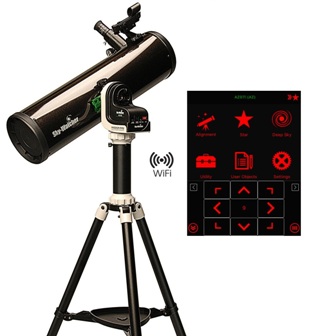
WiFi Telescopes
There are now many affordable WiFi Telescopes that can find and track via your Smartphone with free apps. This new breed of goto telescope allows anyone with a smartphone to control the telescope via the simple app to navigate to thousands of objects in the night sky.
Because your phone has location technology alignment is also simplified as the telescope then also has this data from your phone.
These telescopes do not need internet access, the telescope itself transmits its own WiFi network so you can use the instrument anywhere.
SkyWatcher WiFi Telescopes
Celestron WiFi Telescopes
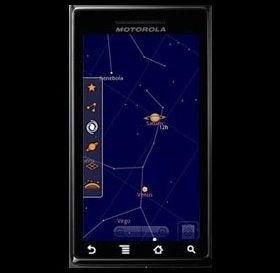
Mobile phone Astronomy with Google Sky Map
Why not take advantage of your smart phone - most Android or IPhones are capable of using the superb Google Sky App (normally free) which will guide you to thousands of objects with ease, click Google Sky Map to find out more or download it.
This superb App will benefit anyone interested in finding out more about the night sky, great when outside with Binoculars or Telescopes when you want to identify or find an object without any prior knowledge of the night sky.
See the How to choose on the merits of Binoculars and Telescope types for Astronomy, even with the UK weather there are plenty of opportunities to enjoy our largest natural wonder - the night sky. A modest relatively inexpensive Telescope will reveal Saturns rings, Jupiters cloud belts and the polar caps on Mars from your average suburban back garden.
After sales advice & help
Please Email us with any questions - we respond to emails fast, often out of hours, we provide free lifetime technical support on everything we sell


